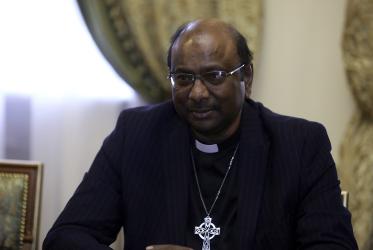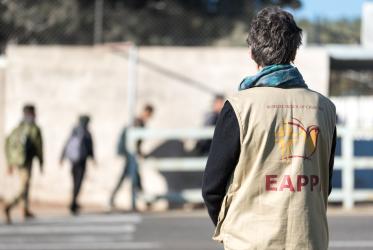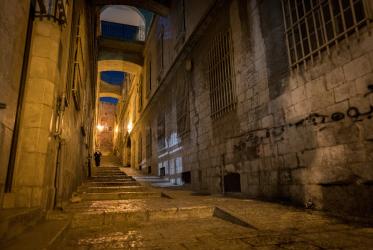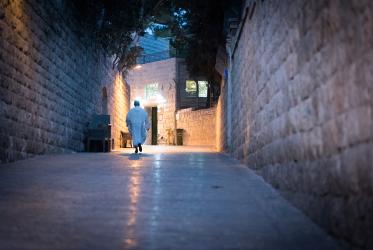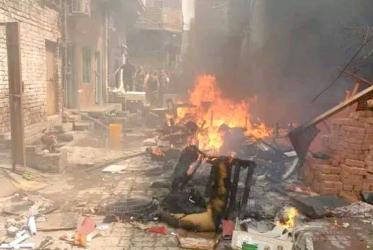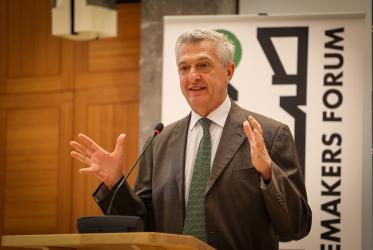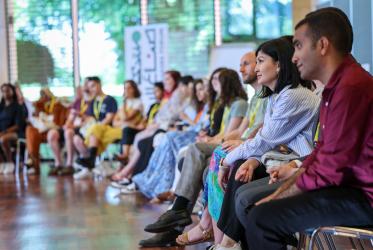Displaying 41 - 60 of 261
In Armenia, WCC general secretary speaks for justice
22 September 2023
Ecumenical accompaniers report growing violence against Palestinians
21 September 2023
Ecumenical delegation visits Armenia
19 September 2023
Exhibition “Bethlehem Reborn – Palestine – The Wonders of the Nativity”
08 September 2023

